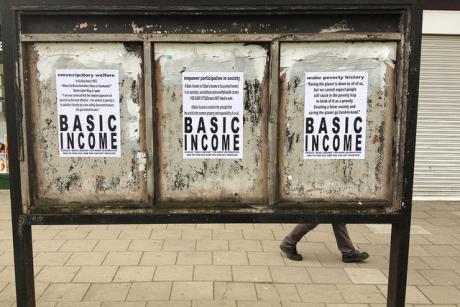Finland is planning to start a pilot project that would see the state pay people a basic income regardless of whether they work.
The details of how much the basic income might be and who would be eligible for it are yet to be announced, but already there is widespread interest in how it might work.
Finland’s PM Juha Sipila has praised the idea.
“For me, a basic income means simplifying the social security system,” he said.
The scheme is of particular interest to people without jobs. In Finland, they now number 280,000 – 10% of the workforce.
With unemployment an increasing concern, four out of five Finns now are in favor of a basic income.
In Finland, taking on work can cost you money if you are unemployed.
A paid temporary job means lower welfare benefits.
If that job comes from a low-wage sector, you lose out because there is a delay before the authorities allow your benefits to be restored once you have left the job.
Many Finns nowadays have what are described as atypical working lives, in that few spend their entire lives in the same occupation and with the same employer.
This fundamental change has prompted a need for reforms to the social security system.
Supporters of the basic income believe it could offer an alternative to Finland’s complex and costly benefit models.
The prime minister has expressed support for a limited, geographical experiment. Participants would be selected from a variety of residential areas.
One obstacle to staging a pilot project is Finland’s constitution, which states that every citizen must be equal.
Even a small-scale experiment would put its participants in an unequal position.
